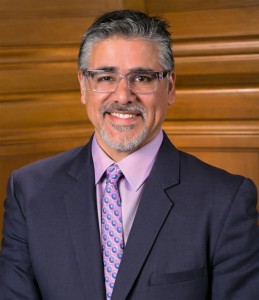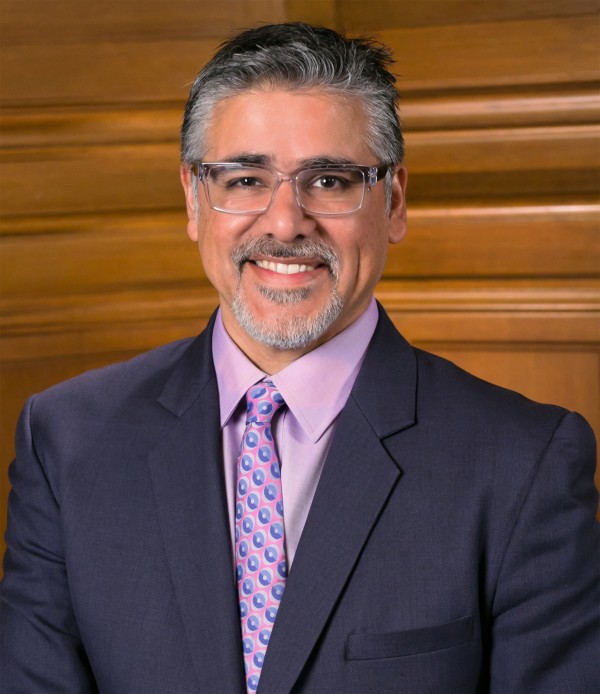Pretty much every transit advocacy group supported Sup. John Avalos’ long-shot move to get the supes to override Mayor Lee’s veto of a transit-funding measure, but the normal 6-5 pattern prevailed, and not one of the mayor’s allies broke ranks.

Actually, the vote was 6-4, since Mark Farrell was absent.
Avalos needed eight votes for an override.
There are have some signs that the upcoming election is having an impact on the board’s votes – Sup. London Breed, who is facing a challenge from tenant advocate Dean Preston, has voted with the progressives here and there.
But in this case, it was the same traditional, almost predictable line: Sup. Scott Wiener took the lead in the opposition, and Sups. Breed, Malia Cohen, and Katy Tang followed along.
Wiener tried to downplay the issue, saying that the city was already going to charge developers a whole lot more money for transit impacts. Which is true – but it’s also true that the city left billions of dollars on the table – developers will pay for just a fraction of the costs of the impacts their projects have on Muni. And that’s not me making the argument – it’s a study by Urban Economics that the city paid for.
So when Avalos sought to raise the fee slightly, he was moving to bring in millions of more dollars and close the gap a little bit. His legislation was really pretty mild – you could easily argue that the fee should be double or triple what the mayor agreed to.
I asked the mayor why he accepted a fee that his own studies show would not come close to covering the actual impacts of new development on Muni, and he told me that if the fee was too high, it might discourage development. Think about that for a second: We don’t want to charge developers for the actual costs they impost on the city because then they might not build as much.
Instead, the rest of us – the taxpayers of San Francisco – have to subsidize some of the wealthiest people and investment outfits in the world. I don’t get it: Why do we want more office buildings and luxury condo towers if they cause more problems for the city than they solve?
But that’s where five of the supervisors came down today.
Sup. Jane Kim noted that the board recently approved a plan to cut the towing fees people pay in San Francisco; the fees were outrageous. But that will leave a hole in the Muni budget, and there was much talk about a supplemental budget allocation to make up the difference.
The measure before the board today would have done just that.
Wiener argued that the developers were already paying a lot, but Sup. David Campos compared that discussion to the debate over Airbnb and its taxes. After refusing to pay hotel taxes for years, the company finally acknowledged that it owed the money – and then started bragging about paying those taxes.
It’s tough overriding a mayoral veto. But this could be an issue in the supervisorial races this fall.







